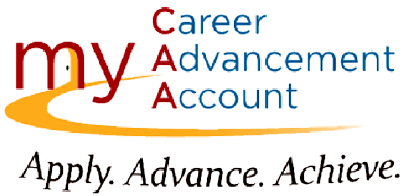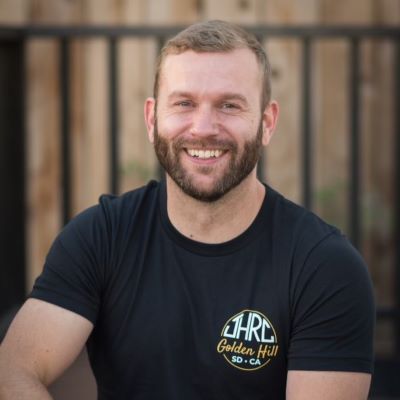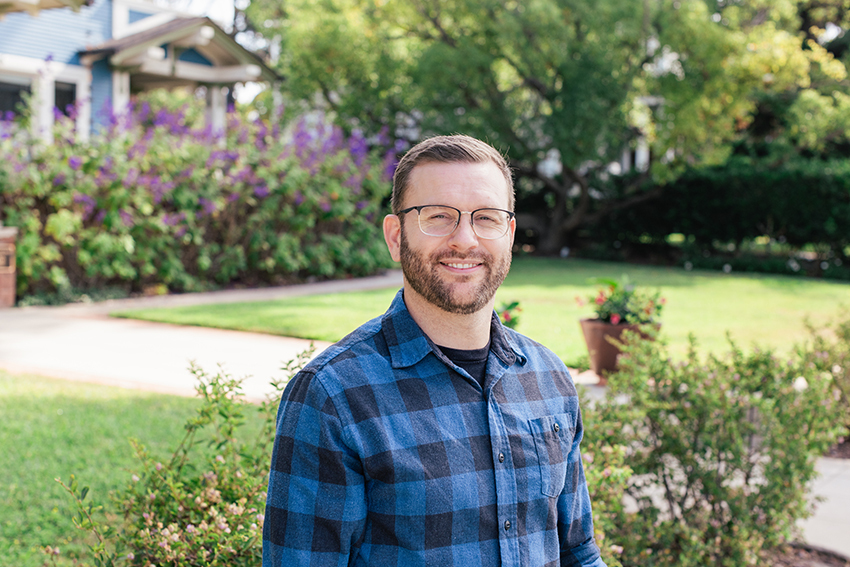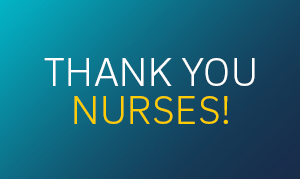
About the Substance Use Disorder Counseling Program
UC San Diego Extended Studies' Professional Certificate Program in Substance Use Disorder Counseling provides the comprehensive course work and training needed to succeed in a very challenging and demanding career in the healthcare field. The program is designed for individuals interested in getting started in the field, as well as those working in it. NOTE: Individuals entering the program should have at least one year of sobriety, if applicable. Having less than that will make it very difficult to secure a practicum site, which could significantly delay or prevent completion of the program.
To receive credit toward CCAPP and CADTP certification, students must enroll in all courses for a letter grade.
The program covers the essential areas of
- Psychopharmacology
- Recovery
- Treatment team coordination
- Counseling
- Community services
- Group leadership
Practicum
A practicum is also required to earn the certificate. In order to participate in it, you must have minimally completed and passed (C- or better) the following courses (preferably all courses should be completed first):
- Addiction and Recovery: Etiology and Physiology
- Addiction Science: Psychology and Pharmacology
- Law and Ethics for Addiction Professionals
- Applied Skills for Group Dynamics and Facilitation
- Substance Use Disorder Treatment and Recovery
During the practicum, students will gain experience and supervision in the core areas of intake, counseling, case management, crisis intervention, client education, referral, reports, record keeping, and consultation. The practicum consists of 55 educational hours and a minimum of 255 hours at the approved agency. In addition, students will attend three (3) required practicum meetings pursuant to the quarter in which they are enrolled.
Contact the program representative, 858-534-9278, to get started. Students are responsible for finding their own practicum placement and must select a practicum site prior to enrolling into the section. Students are encouraged to contact their local county behavioral health agency to find potential treatment providers in their area. Students are to look for a site that meets their interests, type of population, location, and type of treatment levels.
Certificate Benefits
Through the course of the certificate program, students will
- learn to operate in real-world situations, culminating with field-based practical experience
- obtain focused career-oriented training in a field with increasing demand for trained professionals
- receive the educational background to enter into or advance within the addiction counseling discipline
- meet CCAPP CADC-I and CADTP SUDCC certification educational requirements
Target Audience
The program is designed for individuals interested in entering into or advancing within the field of substance use disorder counseling. This includes those looking to complete an educational program that meets CCAPP and CADTP minimum requirements to become a Certified Alcohol Drug Counselor I (CADC-I) or Substance Use Disorder Certified Counselor (SUDCC), respectivey.
Note: Individuals entering the program should have at least one year of sobriety, if applicable. Having less than that will make it very difficult to secure a practicum site, which could significantly delay or prevent completion of the program.
Substance Use Disorder Counseling
Required Courses
All courses are required.
Demand and Job Prospects
According to recent U.S. Department of Labor projections, employment of substance abuse counselors is projected to grow 22 percent from 2014 to 2024, much faster than the average for all occupations. Growth is expected as addiction and mental health counseling services are increasingly covered by insurance policies.
Important Information Regarding the Practicum
Students must select a Practicum site prior to enrolling into the section. For questions or to enroll, please contact the Program Manager, Debbie Ortuño, at dortuno@ucsd.edu.
Once enrolled in the Practicum, students must complete the Practicum within three (3) quarters.
Military spouses are eligible to use My CAA $4000 scholarship. Apply at MyCAA.

Conditions for Admission
Extended Studies doesn't have academic prerequisites related to the certificate, with the exception of a high school diploma or equivalent.
Complete the application and pay application fee.
Certificate Guidelines
To earn the certificate you must complete 33 (quarter) units of study consisting of 13 required courses including a practicum.
For the certificate, a grade of C- or better is required in all courses.
Industry Requirements
To become a Certified Alcohol Drug Counselor I (CADC-I). you must successfully complete the certificate program and pass the portfolio review and written examination of the California Consortium of Addiction programs and Professionals (CCAPP). Please visit www.ccapp.us for information and to download the CCAPP Certification Application.
CCAPP does not have an academic degree requirement related to associate-level certification, for which Extended Studies certificate program prepares individuals.
To receive credit toward CCAPP certification you must enroll in courses for a letter grade. Of course, As and Bs are looked upon more favorably by CCAPP during the portfolio review.
In addition to meeting Extended Studies unit requirement to earn the certificate, the course work/practicum must also meet the educational and training requirements of the California Consortium of Addiction Programs and Professionals (CCAPP) to obtain the Certified Alcohol Drug Counselor I (CADC-I) designation.

Visit The Virtual Career Hub Today To Unlock Your Benefits!
Advisory Board
Brian Couey, Psy.D., LAADC
Valerie Gruber, PhD
Igor Koutsenok, MD
Donald Myers, MSW, LCSW, MBA
Jerry Synold, M.A., CADC, CCS
John de Miranda, Ed.M.
Tim Thomas, SUDCC
Related Programs

Health and Wellness Coaching






